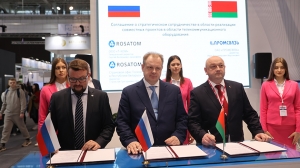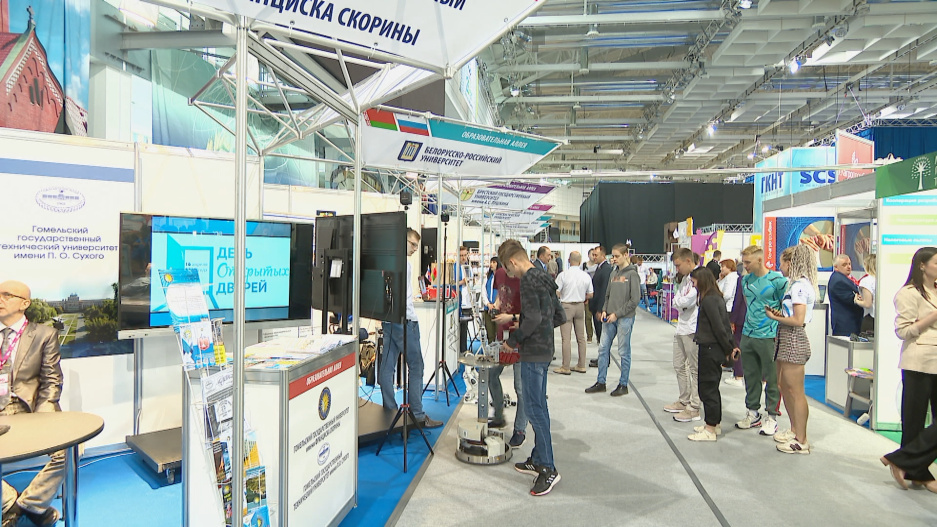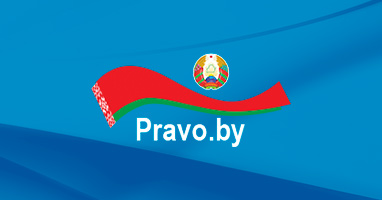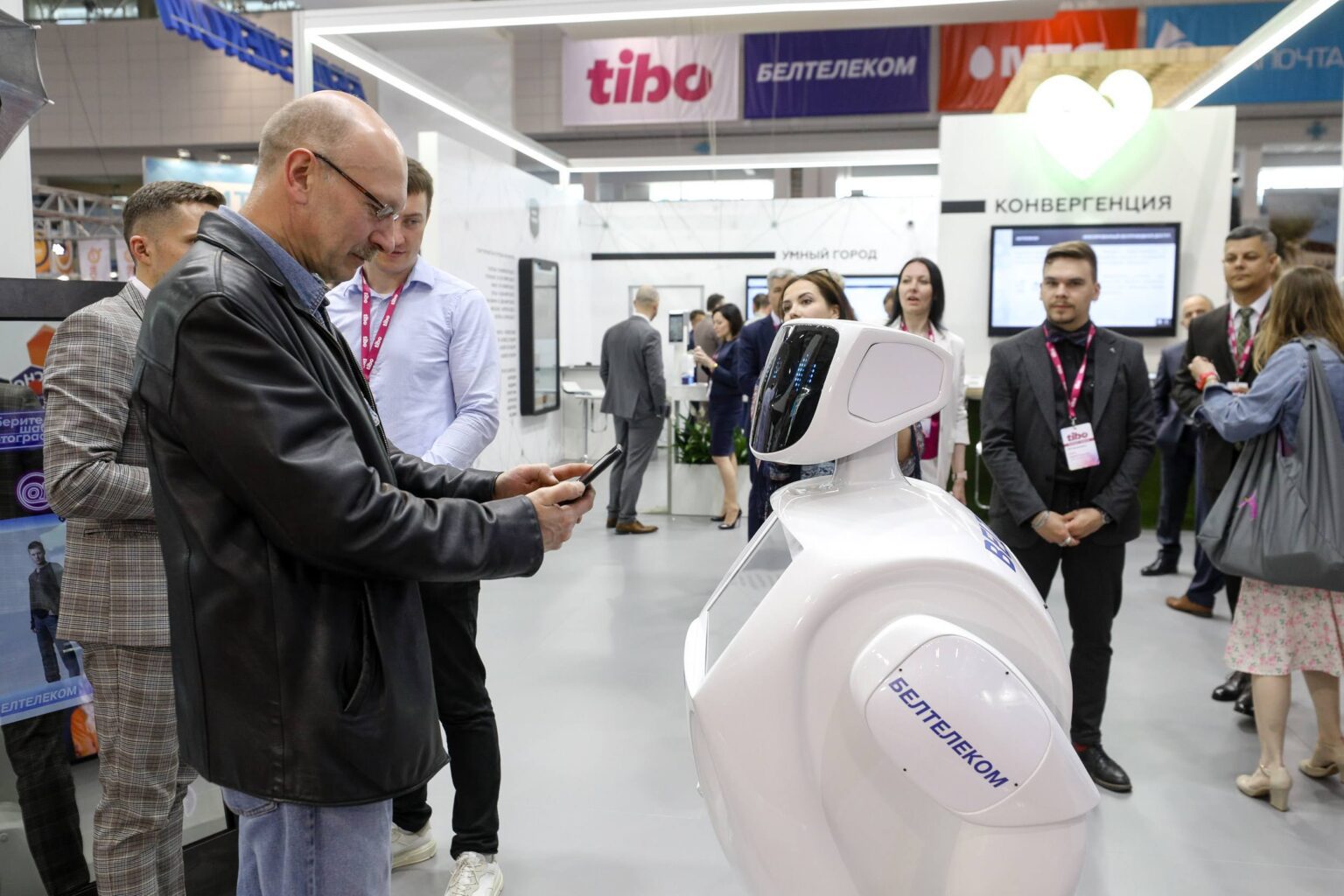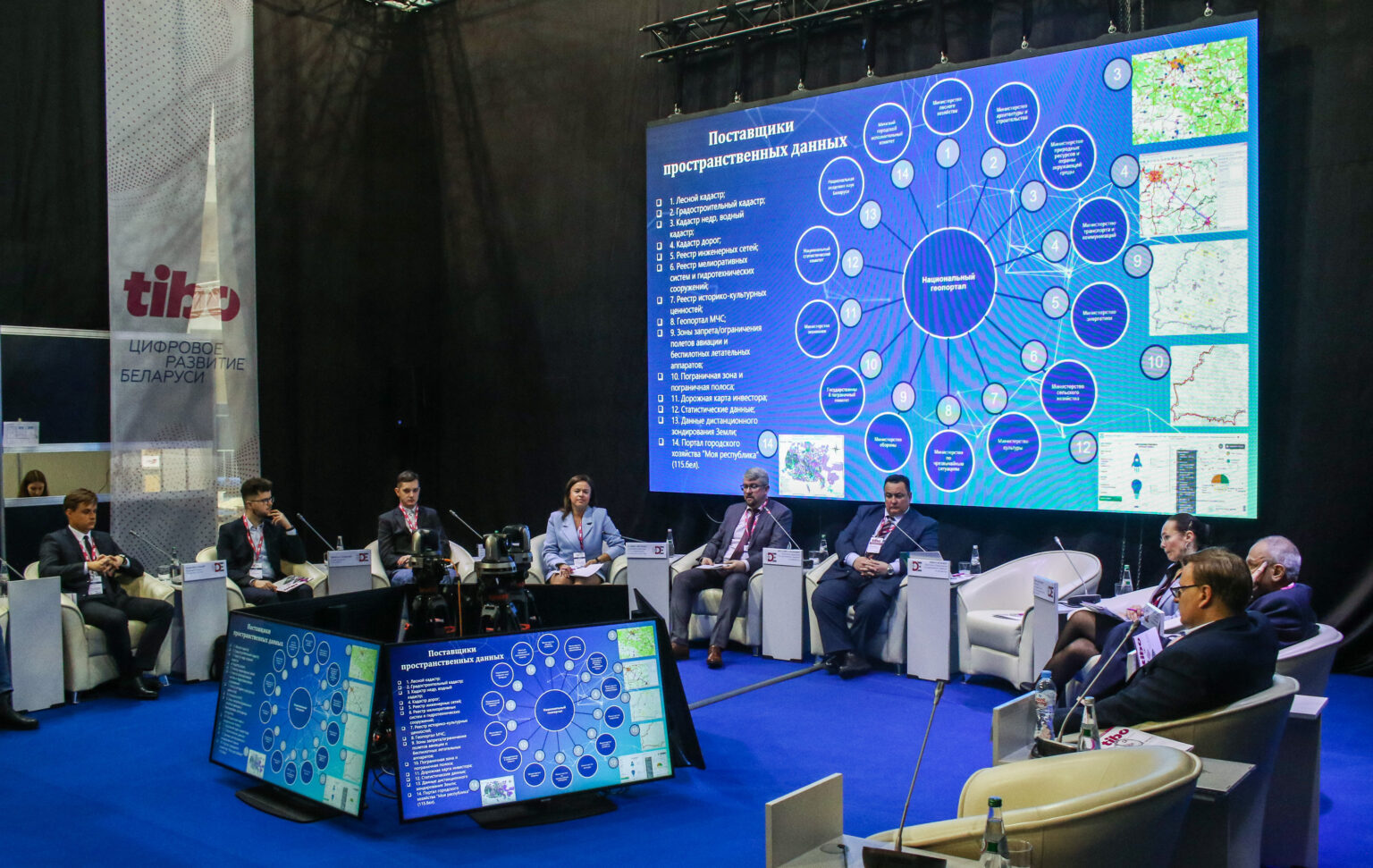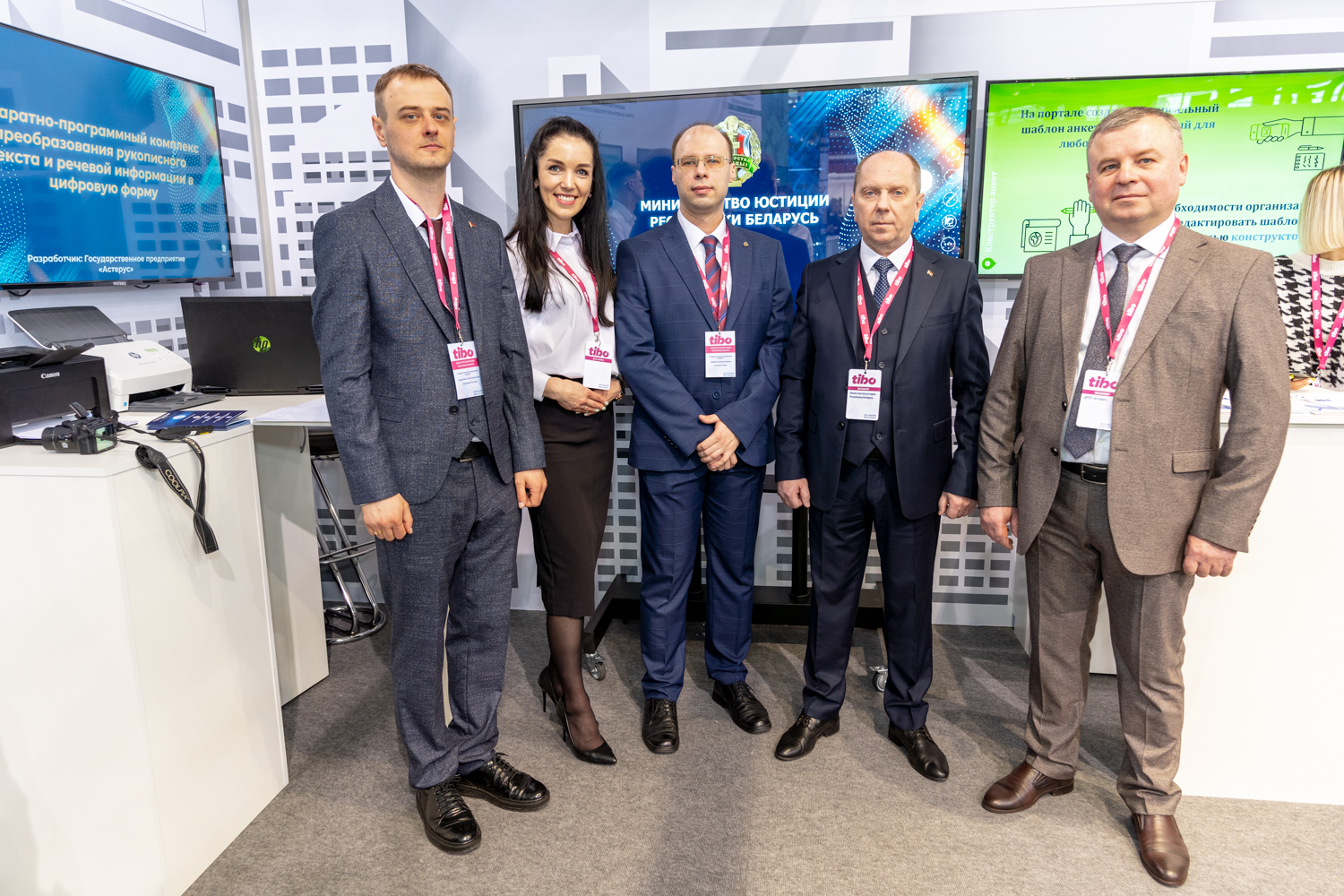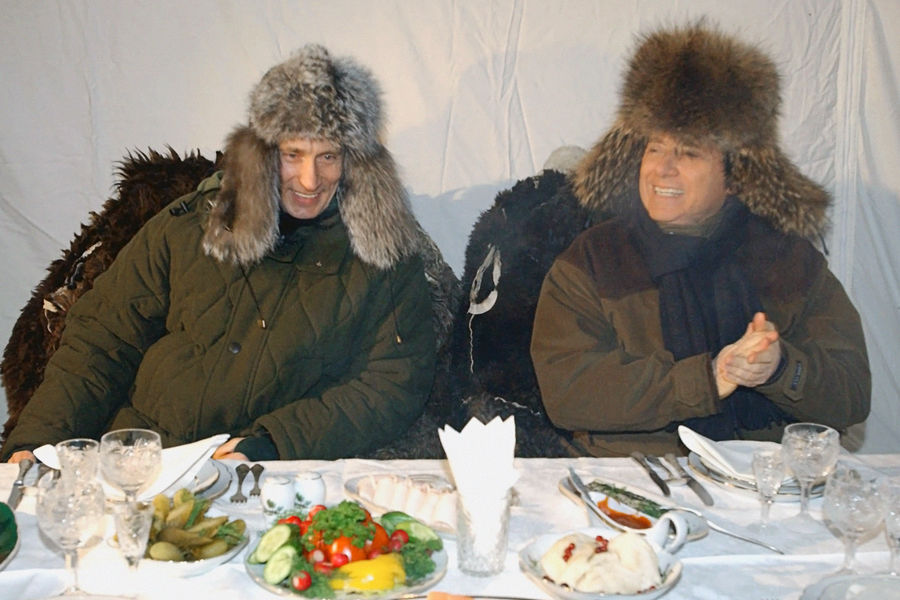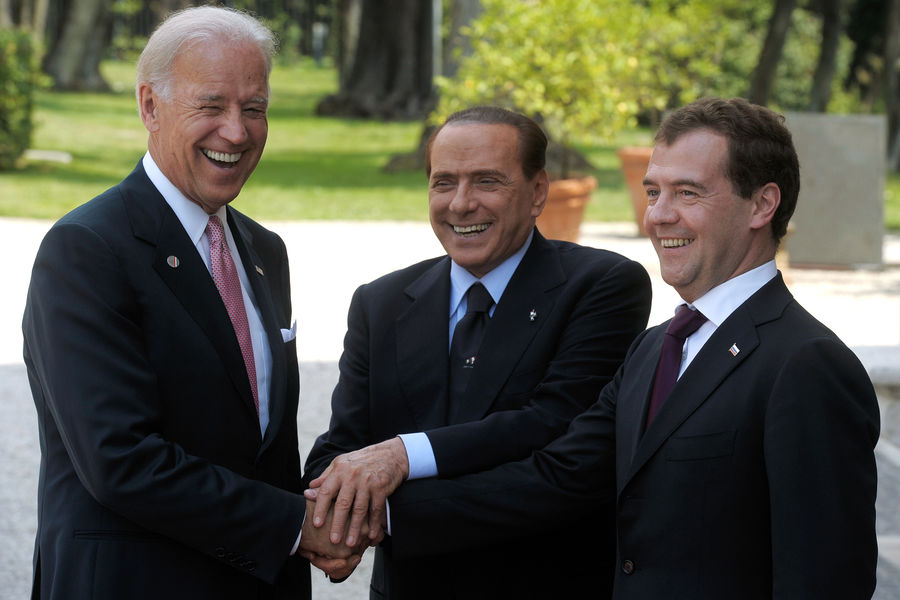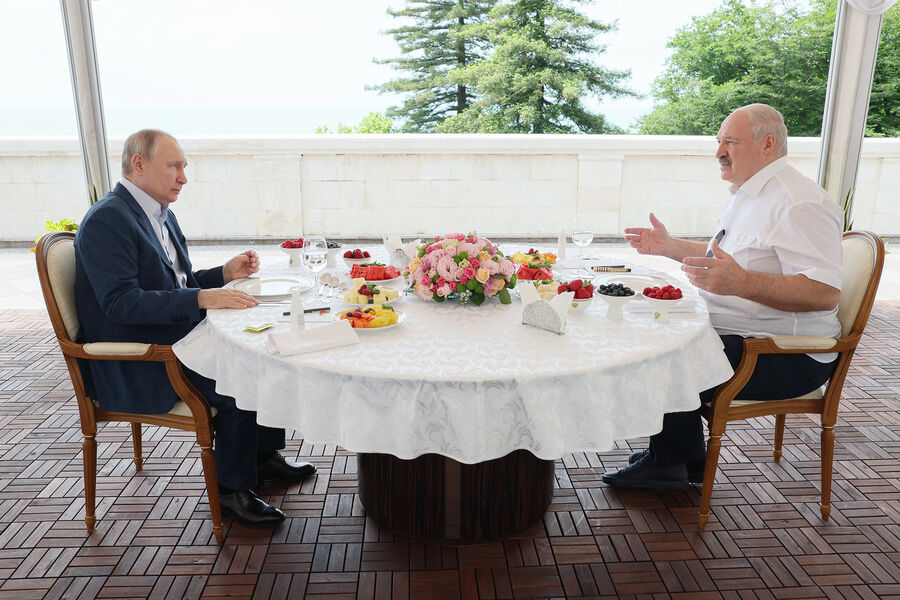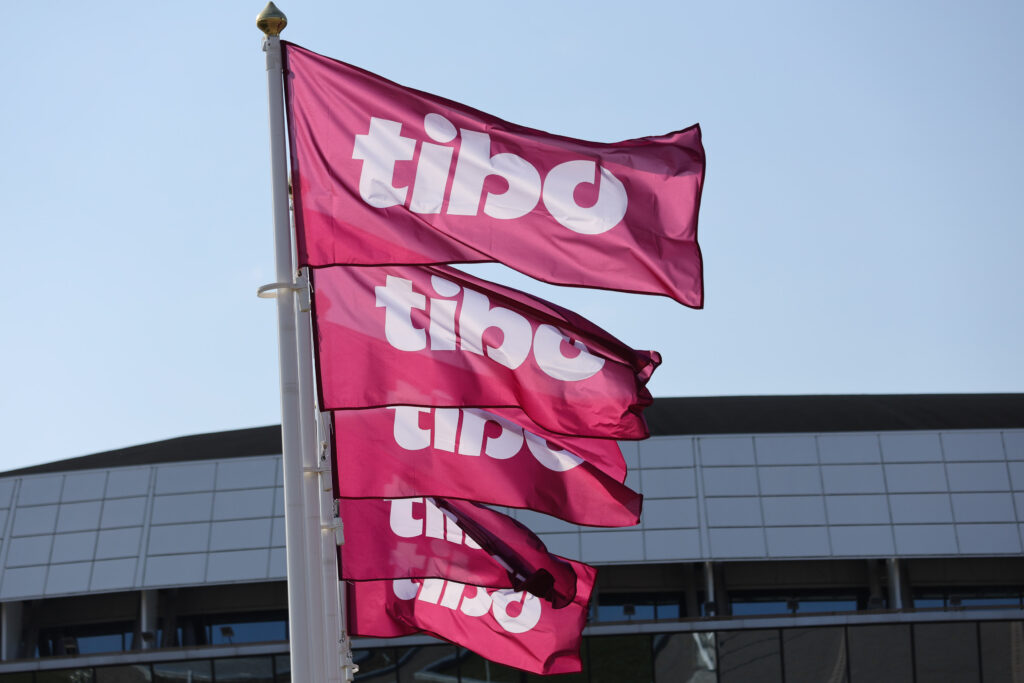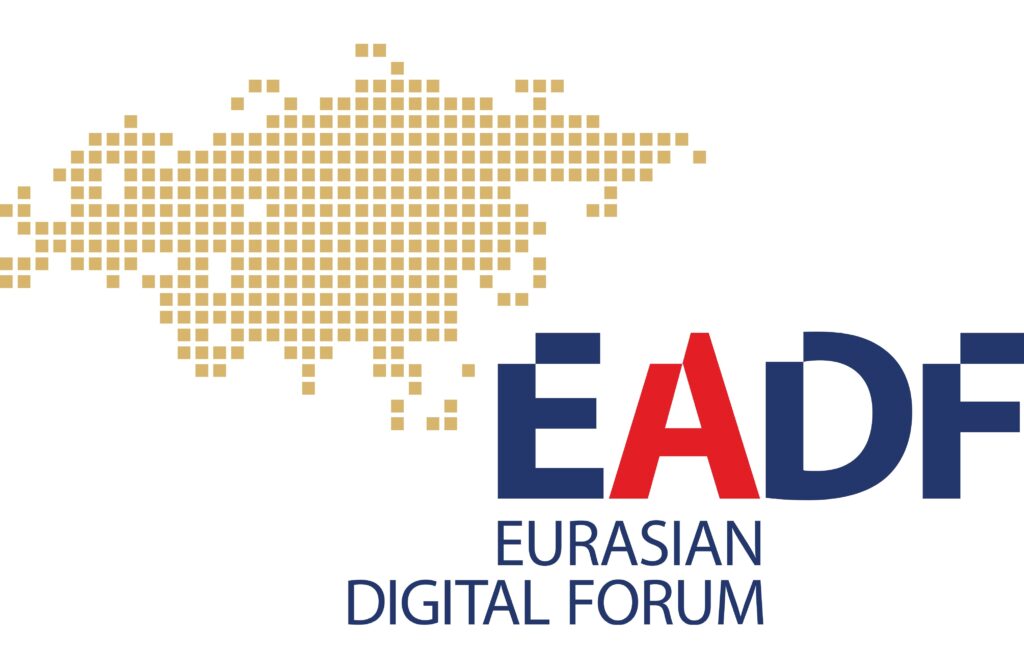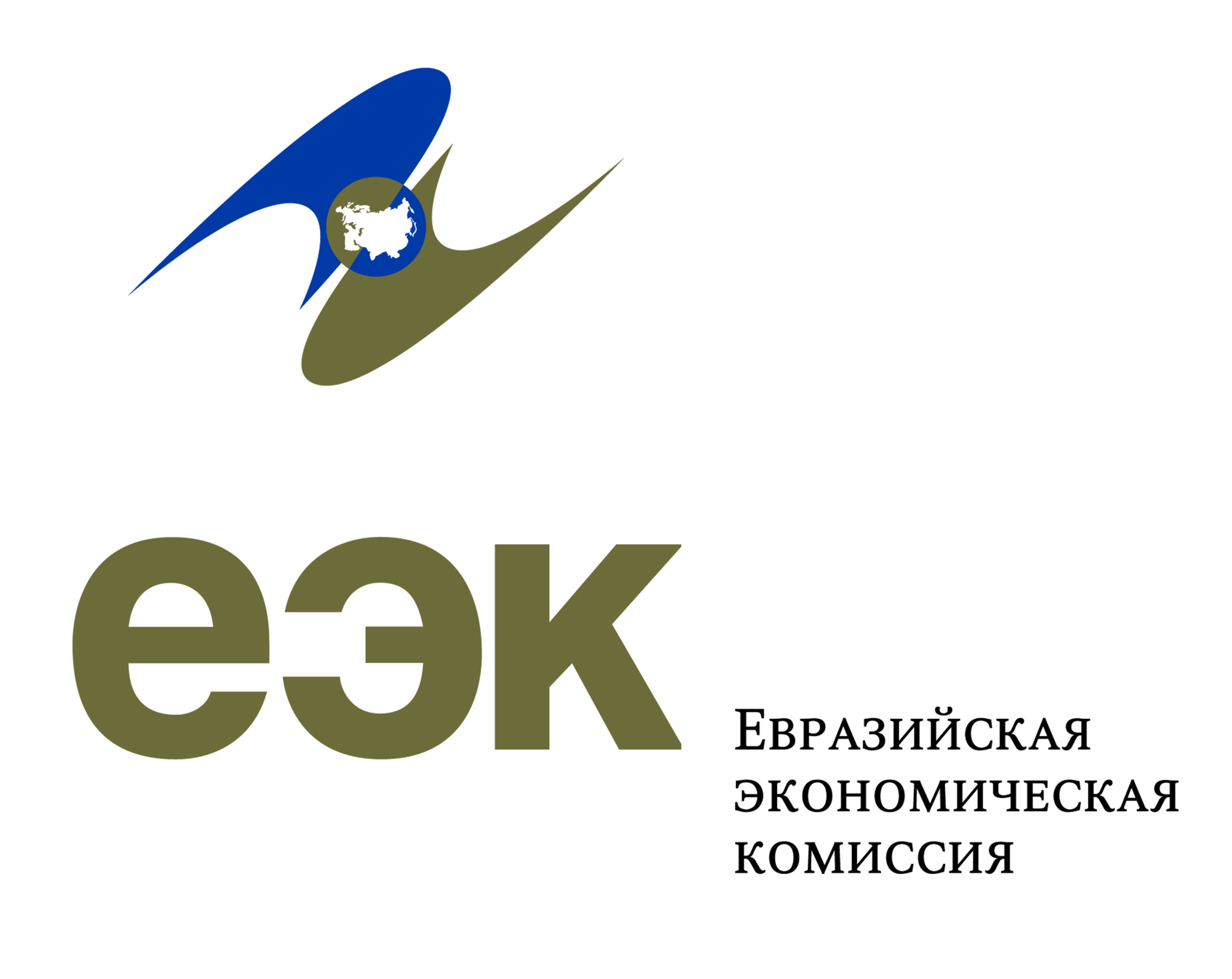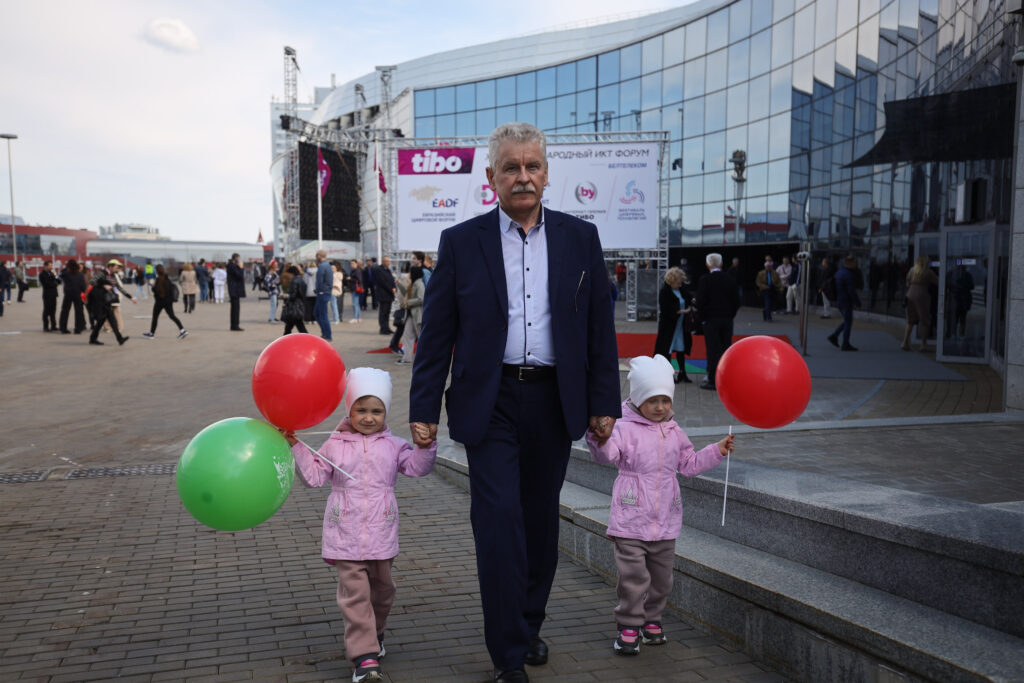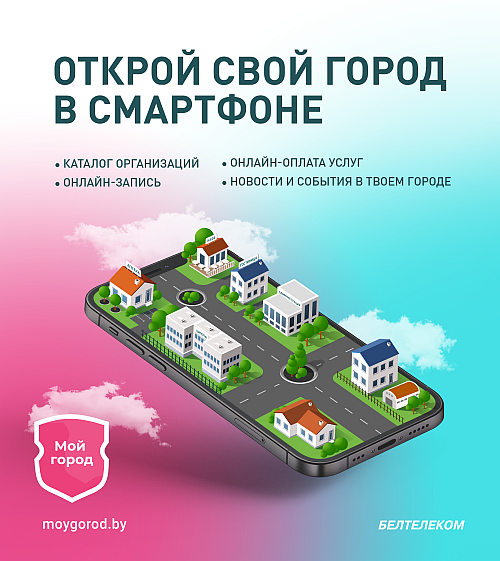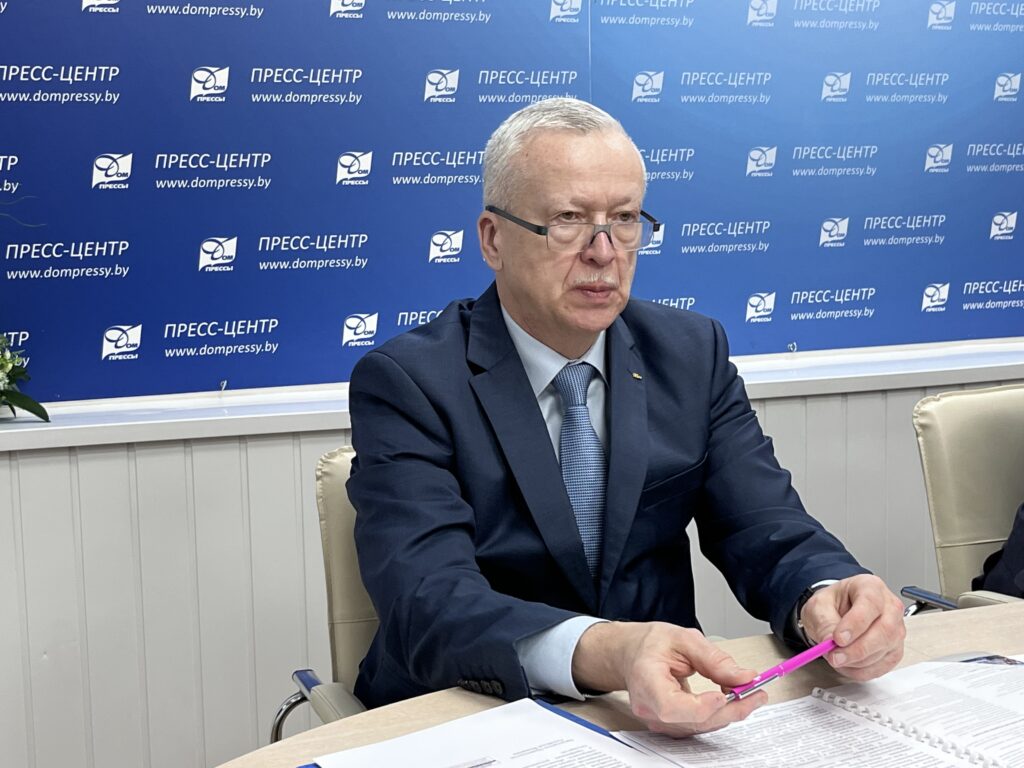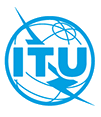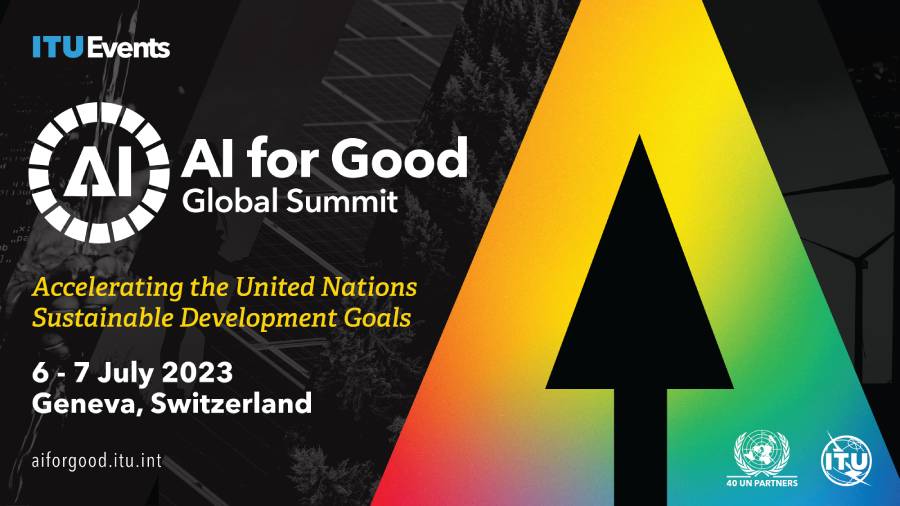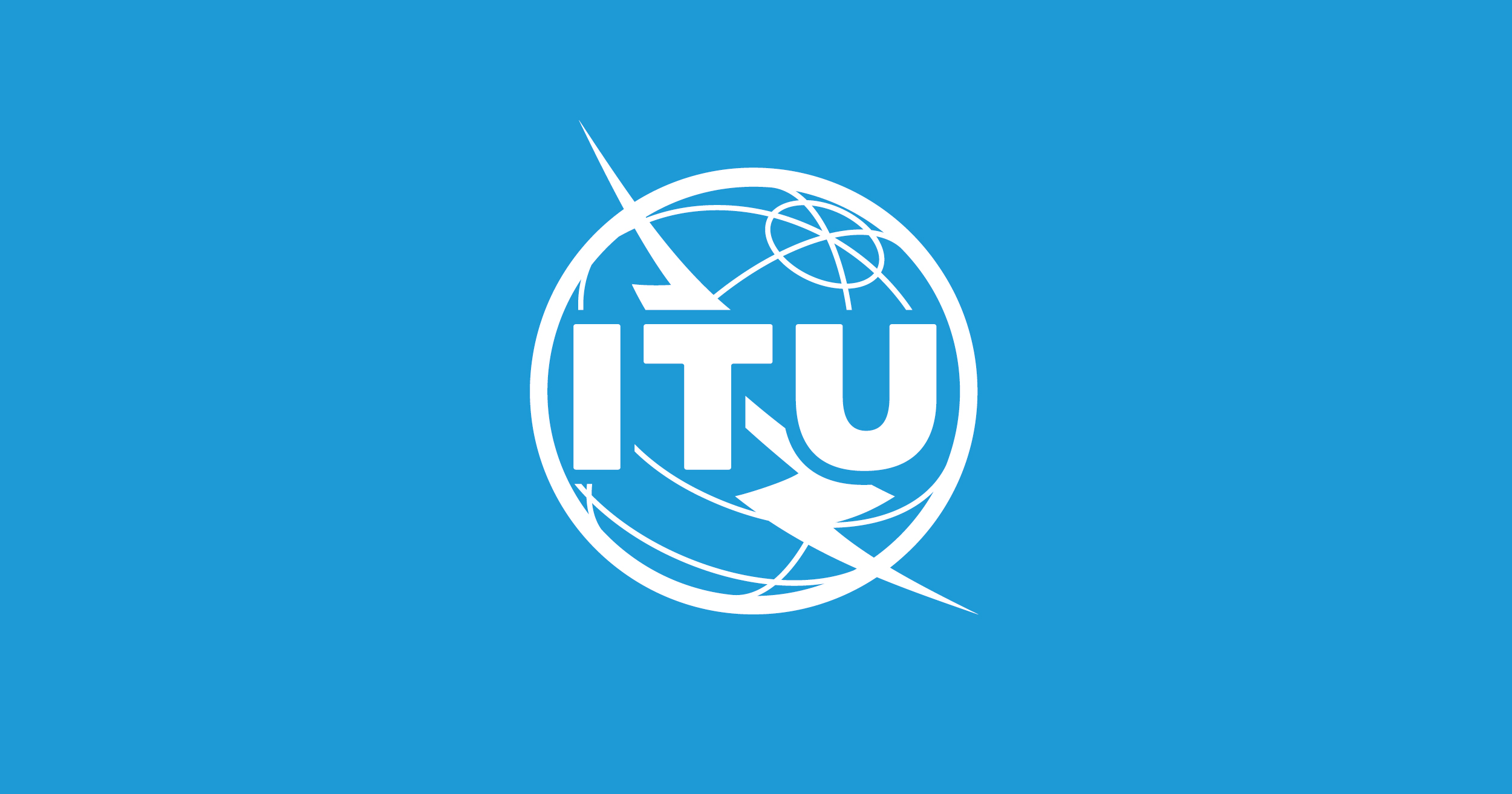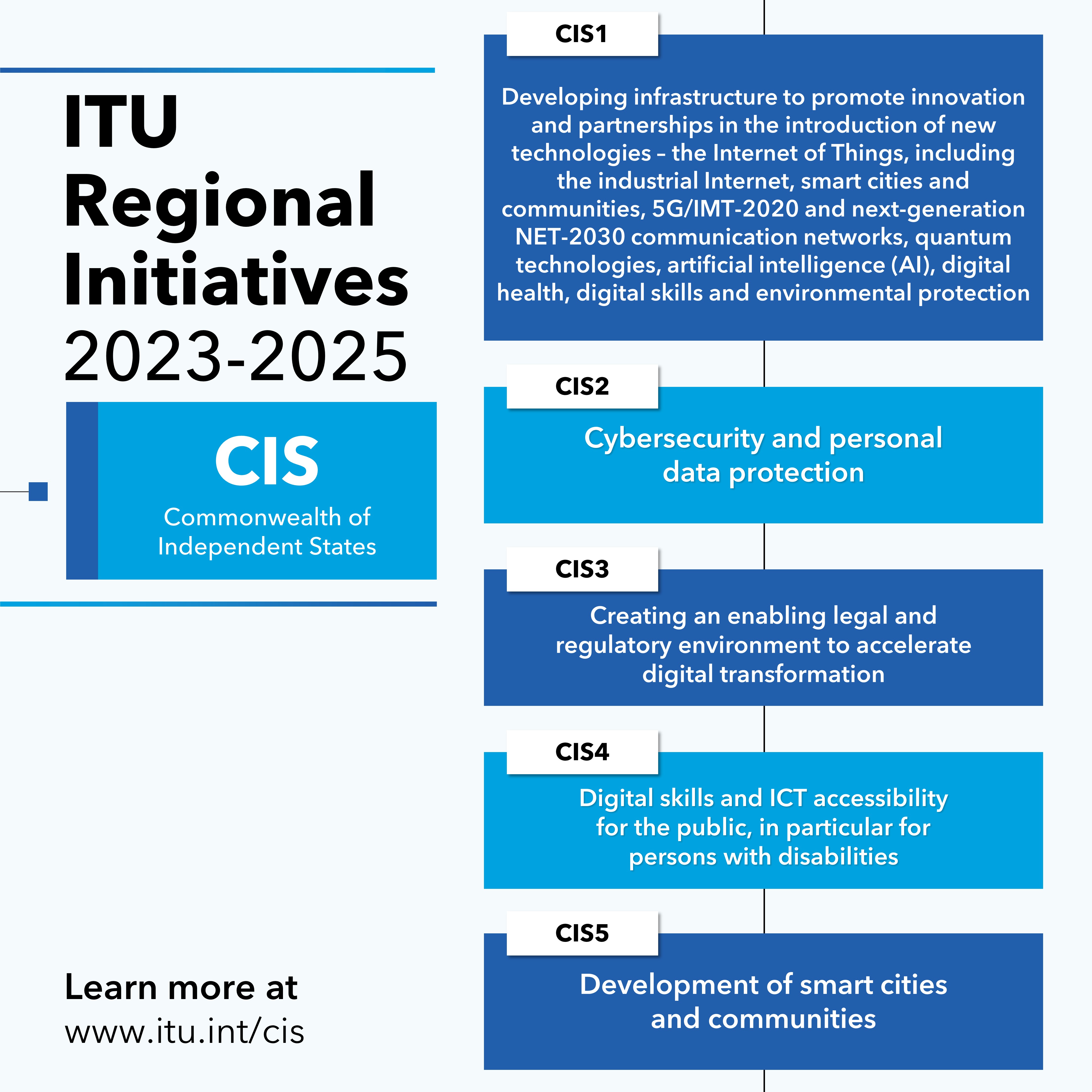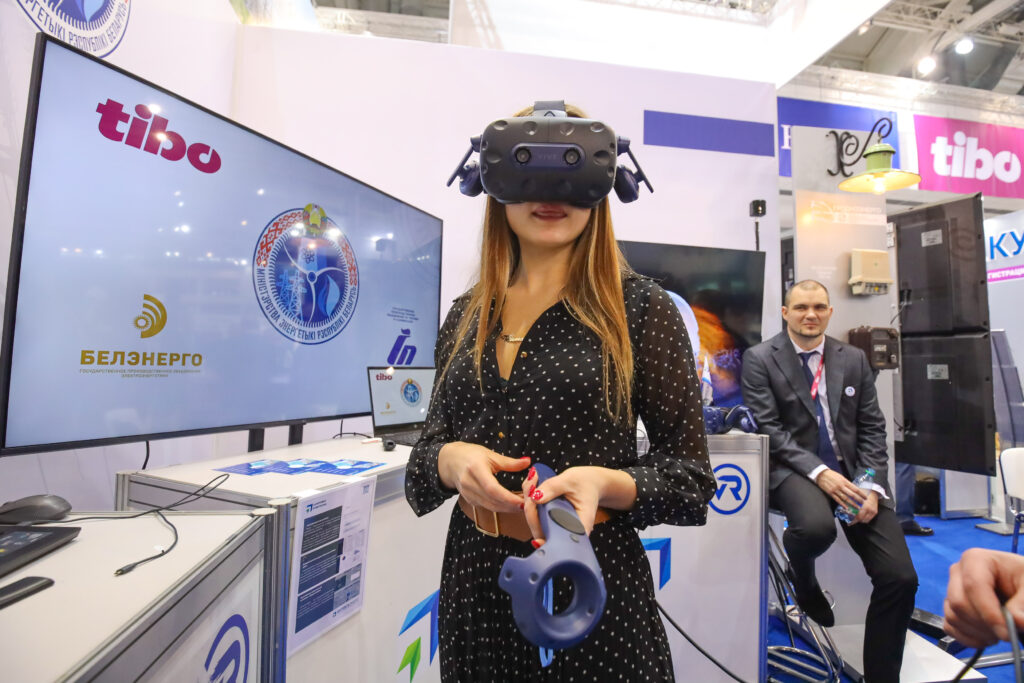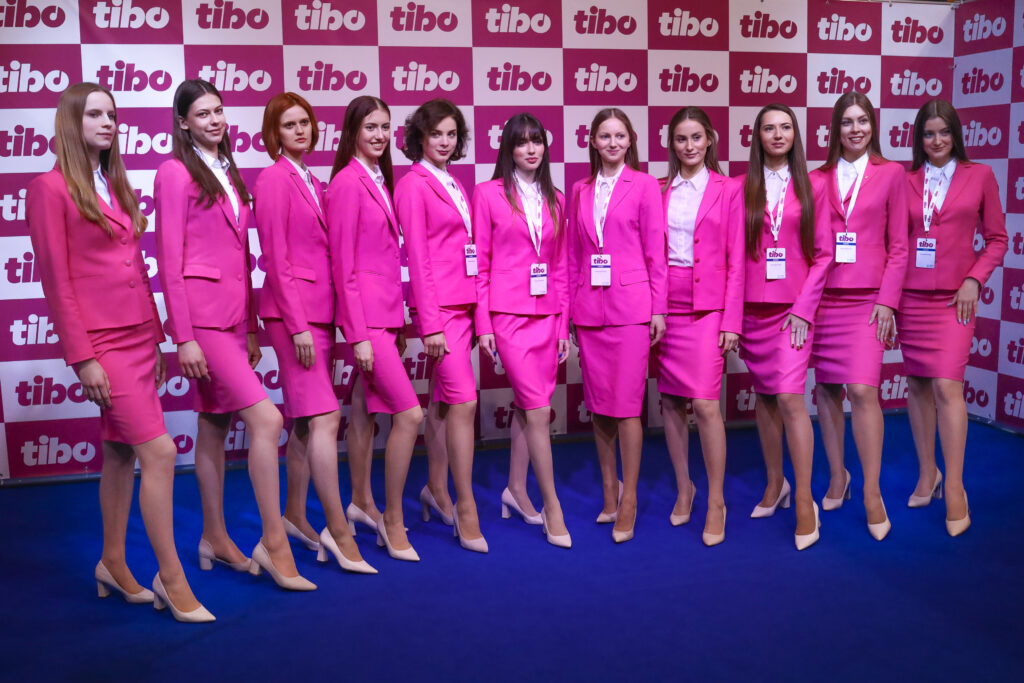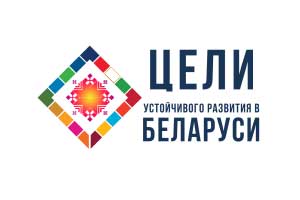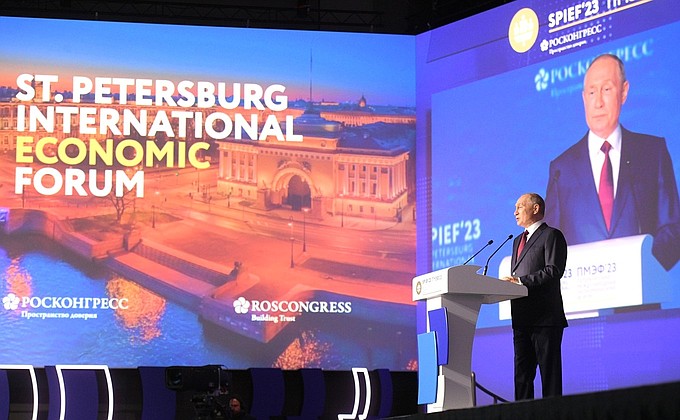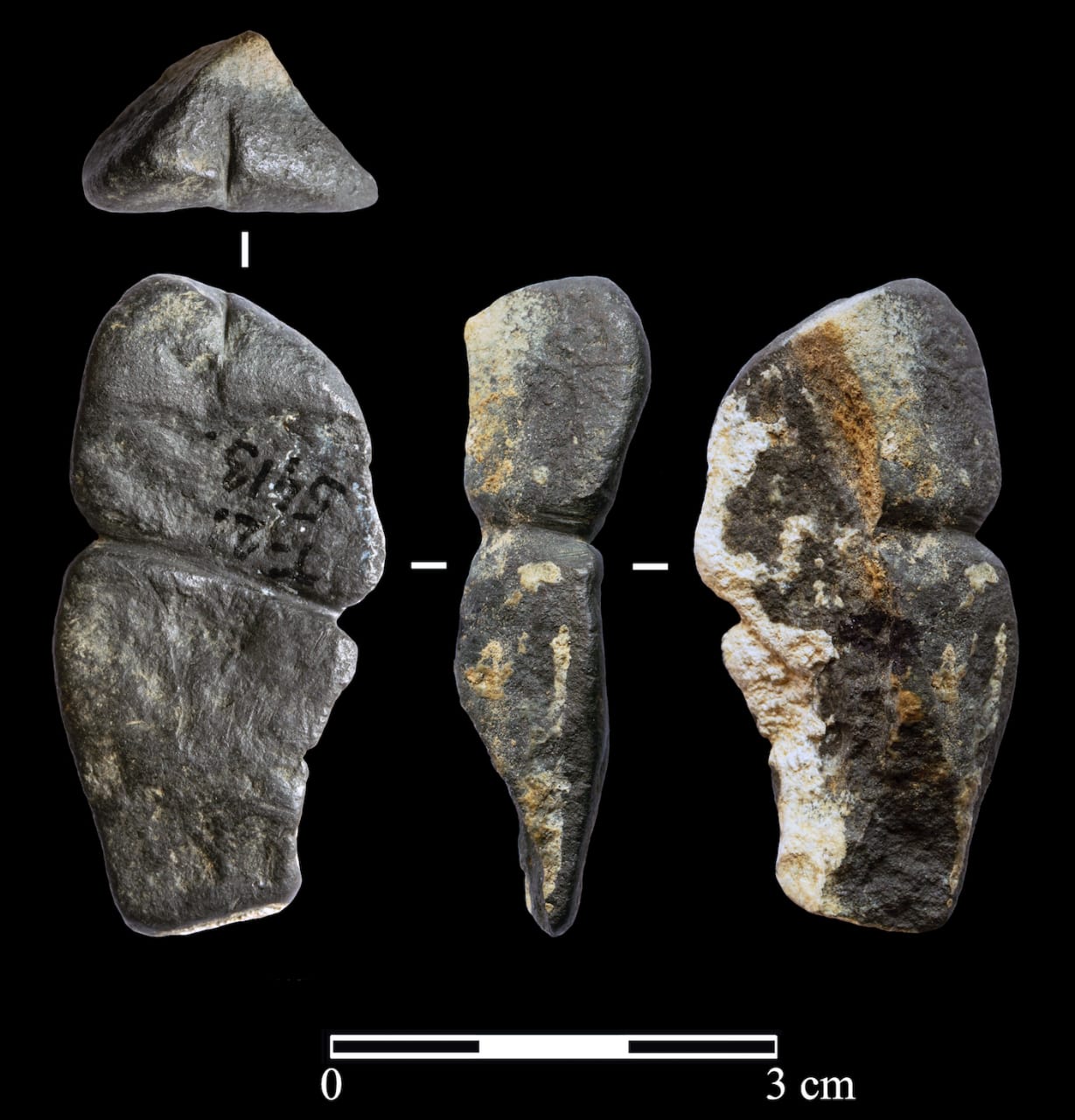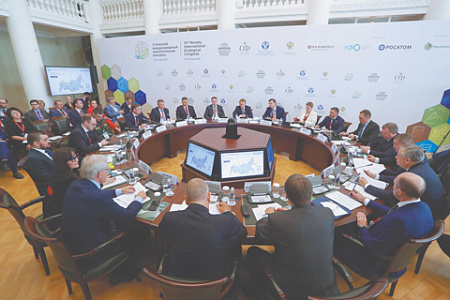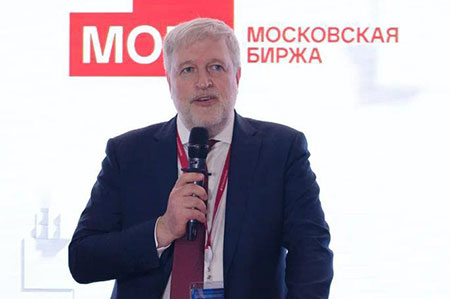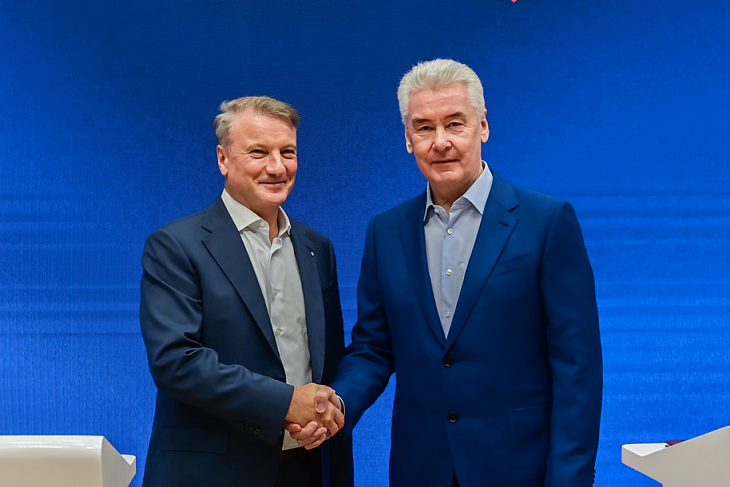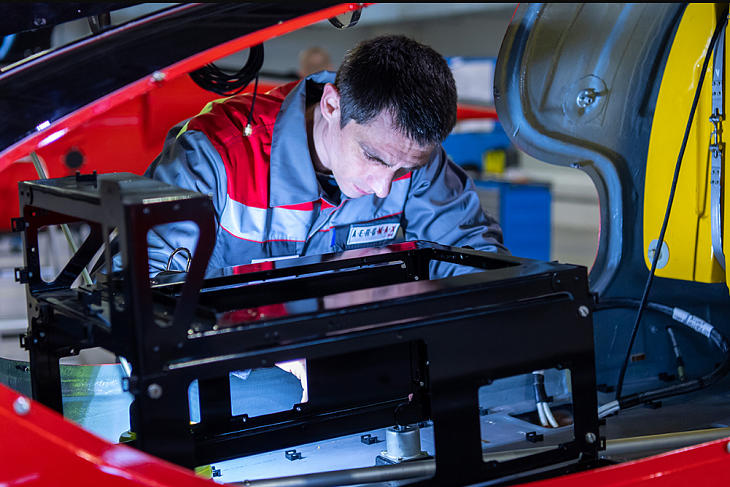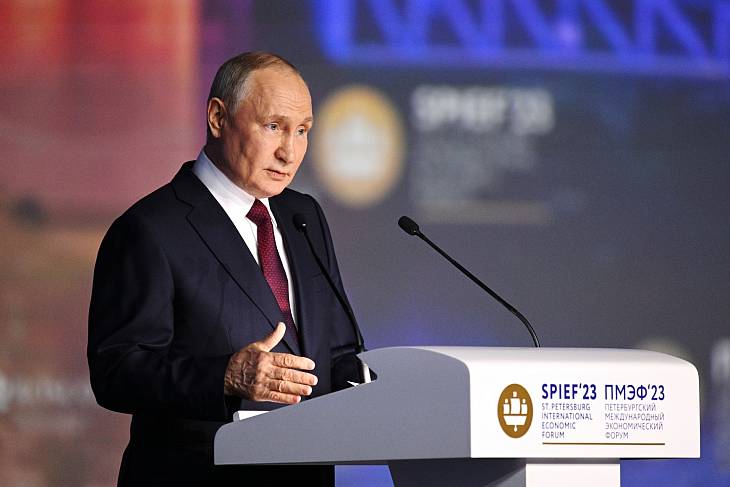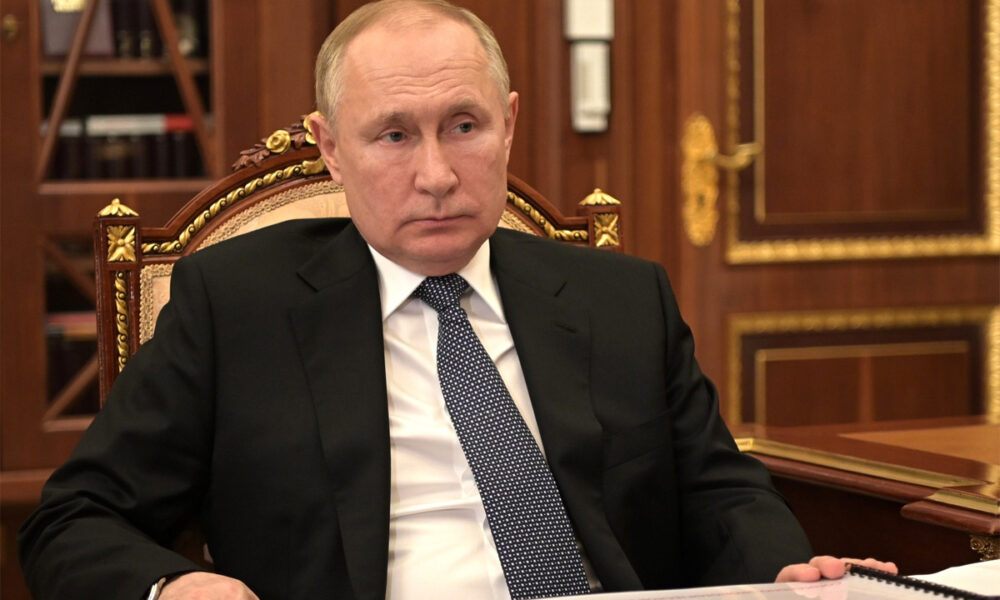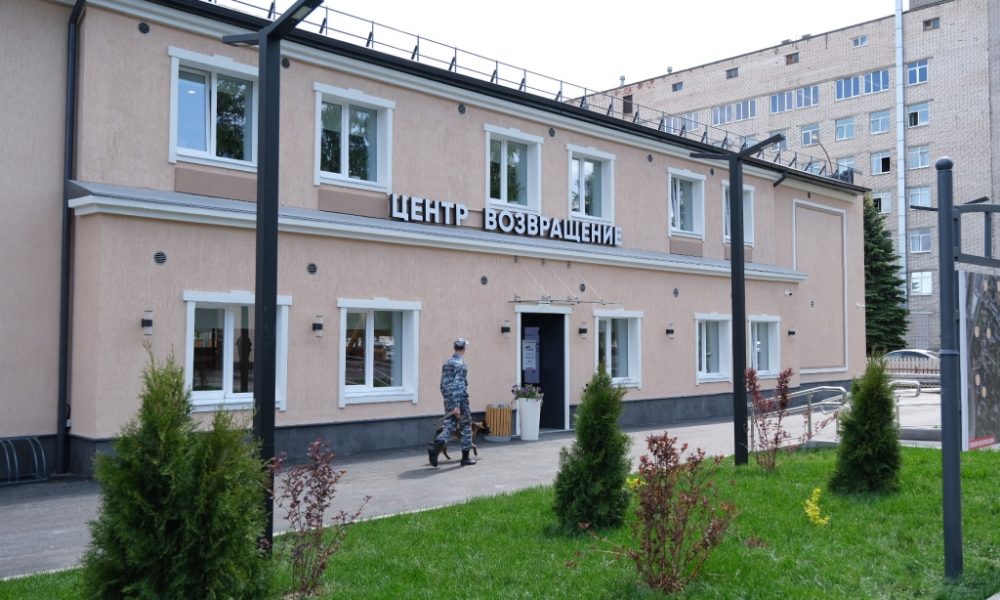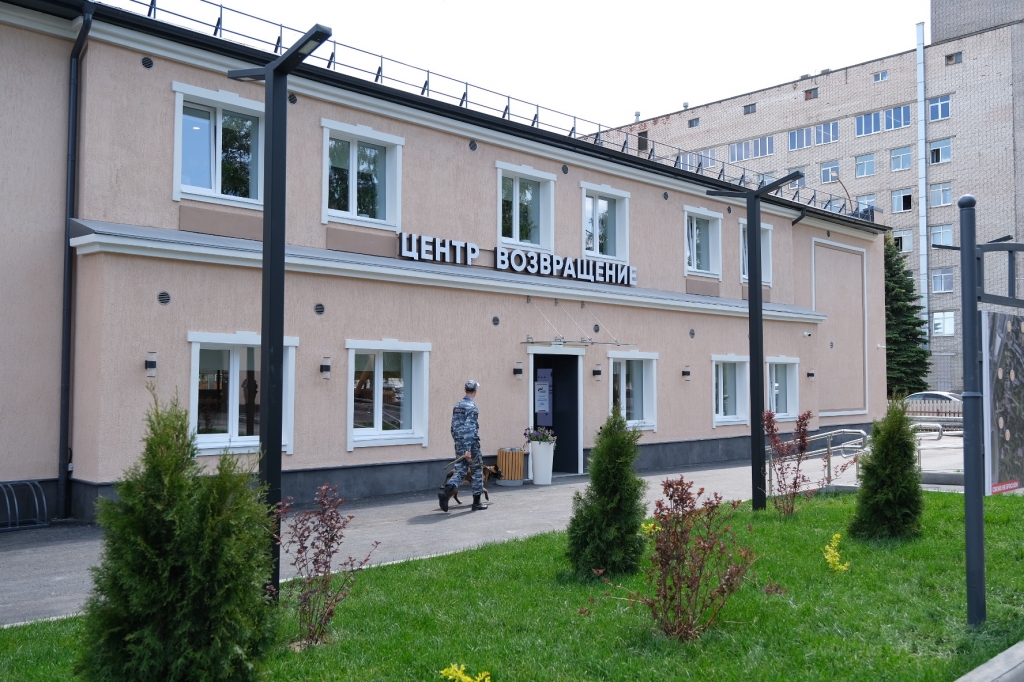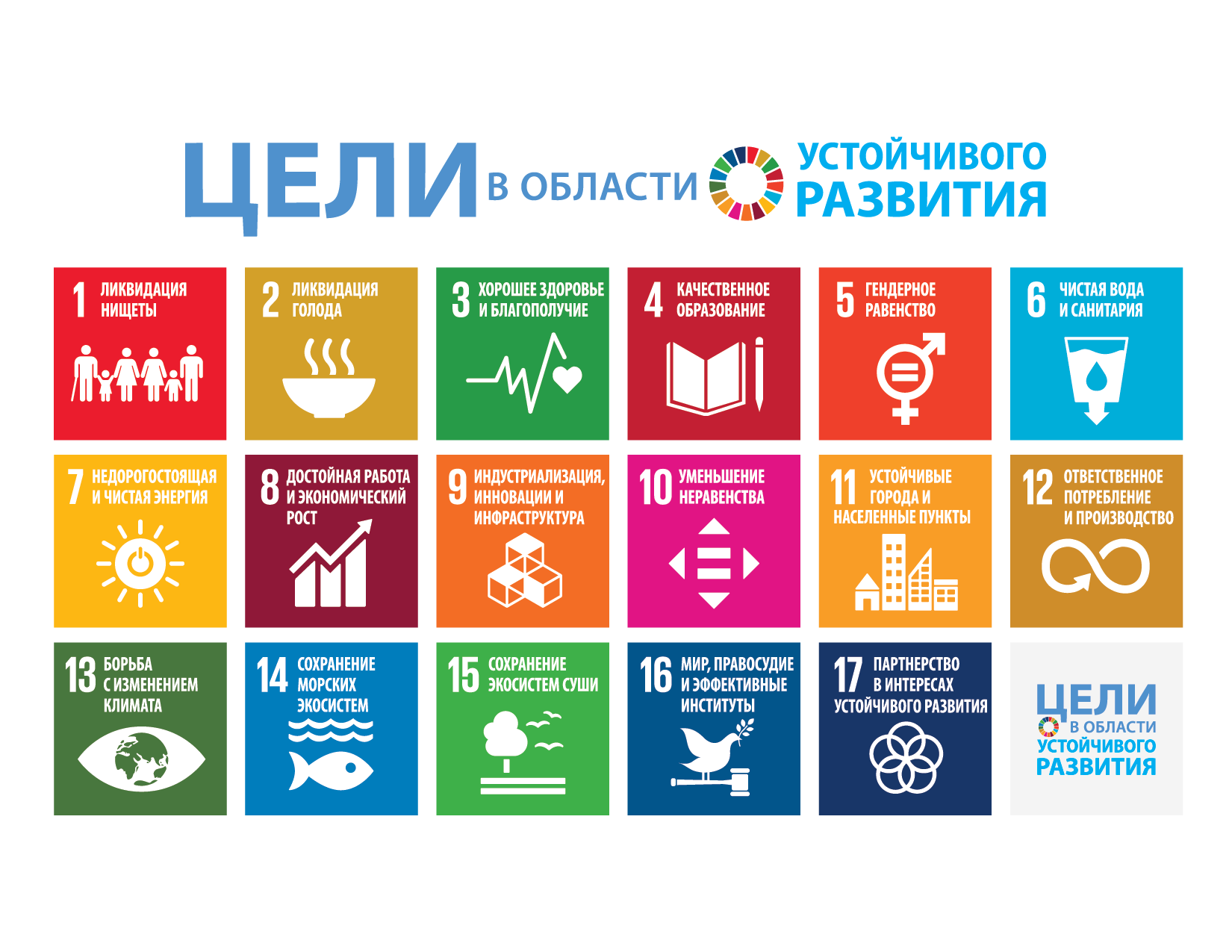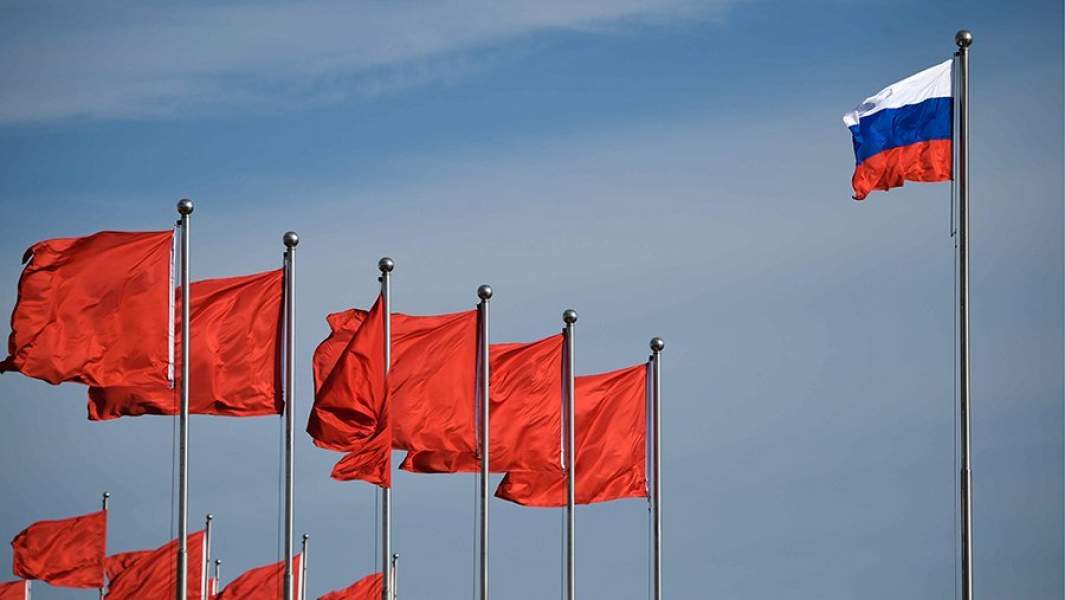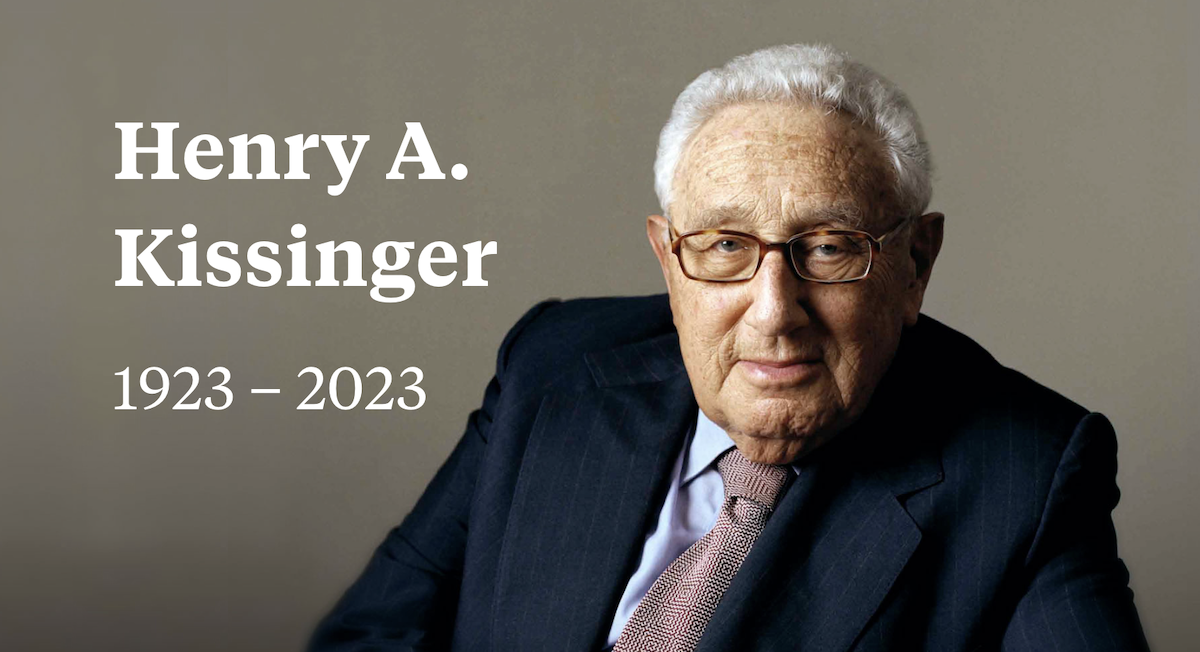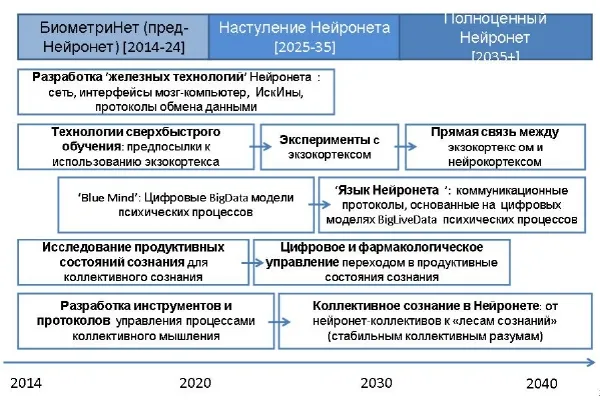Lalas
Star
- Joined
- Nov 8, 2022
- Messages
- 1,392
2006The Russian Federation and the Republic of Kazakhstan establish the EDB
...
The EDB is a member of: ... World Economic Forum (WEF)
The EDB’s operations are conducted in line with the United Nations’ Sustainable Development Goals and ESG principles.
Preventing environmental damage, reducing greenhouse gas emissions wherever possible, using natural resources responsibly and adopting the best available technologies are prerequisites for projects eligible for consideration by the EDB. Since 2017, the Bank has extended more than US $540 million in financing for renewable energy projects with a total installed capacity of 500 MW.
Mobilising Finance and Sustainable Development
Green Technologies for Eurasia’s Sustainable Future
Reports and working papers focus on current economic issues in EDB member states in the light of both regional and global economic developments.

The report is prepared by the key international industry experts and young scholars. It contains the results of technical research aimed at solving today’s energy challenges and helping to reduce the carbon footprint in Eurasia
Joint report by the Eurasian Development Bank and the Global Energy Association
The report is prepared by the key international industry experts and young scholars. It contains the results of technical research aimed at solving today’s energy challenges and helping to reduce the carbon footprint in Eurasia. The focus is on hydrogen energy and energy storage systems, including those applied to the water and energy complex of Central Asia, offshore wind energy, hybrid materials for alternative energy technologies, CO2 capture, storage and transportation technologies. The report popularizes and supports research and development of green energy technologies, as well as promoting the expansion of cooperation in energy sector among the EAEU member states.

Established in 30 June 2020





The Fund is administered by the EDB Directorate for Digital Initiatives
The Directorate is researching and analysing digital initiatives and projects that can be scaled up across Eurasia.
Project initiators can be businesses and business associations, EDB member states’ public authorities or the Eurasian Economic Commission.
Fund Supervisor - Tigran Sargsyan, Vice Chairman of the EDB Management Board
Projects

Project Goal and Objectives
COVID-19-Free Travel is a flagship project of the EDB Fund for Digital Initiatives. The app has been designed to allow people to move freely and safely between countries during the novel coronavirus pandemic.
Brief Description
The app reduces the risk of spreading the disease and offers a reliable system of cross-border travel checks.
COVID-19-Free Travel uses unique architecture for cross-border exchange of information without sharing users’ personal data, which are stored only in the country where the test took place. This means personal data can be protected in accordance with legislation in force in the relevant countries.
The success of this project is due to the unique cross-sectoral competencies of the EDB Fund for Digital Initiatives – the only multilateral development fund in Eurasia promoting digital transformation tools and practices.
Project Components and Processes
COVID-19-Free Travel users can: 1. Obtain PCR test results 2. Display PCR test results
PCR test results can be obtained in Russia, Azerbaijan, Armenia, Belarus, Kazakhstan, Kyrgyz Republic, Moldova, Tajikistan, Uzbekistan
To use this app, users need to:

1. Install the app on their smartphone from the AppStore, Google Play or AppGallery

2. Open the app and select the countries of departure and arrival

3. Select a convenient lab on the map for booking their PCR test
4. Make an appointment with the selected lab

5. When visiting the lab, notify the receptionist that the results need to be made available on the COVID-19-Free Travel app

6. Fill in and sign a consent form to receive the results on the app

7. Scan a QR code on the consent form with the app

8. When the test results are ready, they are uploaded to the app as a QR code. A negative result produces a green QR code

9. Upon arrival in the country of destination, show the QR code to public health protection officers
App Statistics:
more 5 million
PCR test results made available to users of the app that can be displayed as a green QR code when travelling between countries in accordance with the national regulations of the countries of departure and arrival.
1.5 million
users who had installed the app on their phones.
COVID-19 vaccination records can be uploaded and displayed in: Armenia, Kyrgyz Republic, Uzbekistan, Russia
To use this option, users need to:
Upload the vaccination record to the app, select the Vaccination tab and scan the QR code on the vaccination certificate
App Statistics:
~120 000.
users who have already taken the opportunity to upload their vaccination records to the app
Development:
At a meeting of the Supreme Eurasian Council on 10 December 2021, the President of Russia, Vladimir Putin, praised the effectiveness of the COVID-19-Free Travel app and said its functionality and geographical coverage should be extended further
To this end, the EDB Fund for Digital Initiatives is continuing to develop the app and plans to make it possible to receive and display proof of recovery from COVID-19.

 vigilantcitizenforums.com
vigilantcitizenforums.com
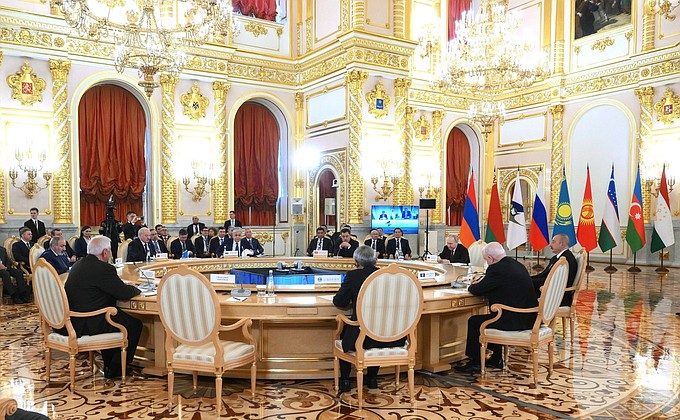
 kremlin.ru
Session of the Supreme Eurasian Economic Council
kremlin.ru
Session of the Supreme Eurasian Economic Council
A meeting of the Supreme Eurasian Economic Council was held in the Grand Kremlin Palace.
May 25 , 2023
...
Vladimir Putin: Dear friends, colleagues!
[...]
Ensuring the digital sovereignty of the Eurasec is also on the agenda. Let me remind you that Russia initiated the process of establishing the partnership of the "five" in the IT sphere back in 2017. It is important that the member states of the Union form a single digital ecosystem, which would imply the integration of national systems of electronic public services and electronic governments of each of the participants of the "five". I can assure you that Russia has advanced far enough here and has made very good groundwork.
...
Sadyr Nurgozhoyevich Zhaparov, President of Kyrgyzstan
..
The most important direction towards creating favorable conditions within the framework of ensuring the four freedoms in the Union is the sphere of migration. I believe that working citizens of our countries should have easier conditions for exercising their labor rights on the territory of any of the member States of the Union.
Modern technologies make it possible to significantly simplify the passage by our citizens of the required administrative procedures in the state of employment. It is necessary to provide an opportunity for citizens to perform the actions required for employment in another country in electronic format, including being in the country of their citizenship.
As a first step, it is proposed to work out the possibility of recognizing the results of a medical examination of a worker who has passed in the country of departure for staying in the Russian Federation by analogy with the application "Traveling without COVID-19". You can expand its functionality and use it for new needs. "

 vigilantcitizenforums.com
Tigran Sargsyan: Digital transformation plays a pivotal role in the emerging economic landscape
vigilantcitizenforums.com
Tigran Sargsyan: Digital transformation plays a pivotal role in the emerging economic landscape
15 May 2023
Almaty, 15 May 2023. Digital infrastructure took centre stage at the investors forum held on 15–17 May 2023 in Almaty, alongside the 46th Annual Meetings of the Association of Development Financing Institutions in Asia and the Pacific (ADFIAP).
The session brought together international organisations from various regions, including Europe, Eurasia, Asia and the Pacific, to exchange experiences in implementing and using digital technology to streamline processes, uplift living standards, and foster development opportunities.
Tigran Sargsyan, Vice Chairman of the Eurasian Development Bank’s (EDB) Management Board, emphasised the pivotal role of digital transformation in the emerging economic landscape.
The EDB is observing a trend towards fragmentation of the global digital space, and Asia and the Pacific, particularly the Eurasian Economic Union (EAEU), are no exception. In 2020, the EDB established a Fund for Digital Initiatives to foster digitalisation efforts.
“We are pleased that the COVID-19-Free Travel mobile app, the flagship project of our Fund, was honoured with the Sustainable Awards in Technology Development by ADFIAP last year. Thank you for this recognition,” said Tigran Sargsyan.
The COVID-19-Free Travel app helped to facilitate safe international travel during the pandemic, surpassing 5 million uses for PCR test result verification.
Furthermore, the Fund launched the Work in the EAEU app to streamline access to public and commercial services for EAEU citizens. Presently, the app offers over 30 services in Russia and Armenia, with ongoing negotiations to expand its reach to other countries."
*

 eng.belta.by
10 JUNE 2023, 09:49
eng.belta.by
10 JUNE 2023, 09:49
Belarus' PM calls for unrestricted cross-border exchange of electronic documents in EAEU
MINSK, 10 June (BelTA) – The countries of the Eurasian Economic Union (EAEU) need to ensure free and unrestricted cross-border exchange of electronic documents, Belarusian Prime Minister Roman Golovchenko said at a meeting of heads of government of the EAEU and CIS countries with Russian President Vladimir Putin in Sochi on 9 June, BelTA has learned.
Roman Golovchenko emphasized the importance of digital sovereignty and digital independence. “It is important to develop the EAEU digital agenda. This will not only ensure our common cybersecurity, but also help make the transition from barrier-free to ‘seamless' trade at a faster pace. All our projects are in one way or another related to the possibility of smooth movement of electronic documents. One of the most important aspects is mutual recognition of electronic digital signatures, without which it is impossible to create a digital ecosystem. The solution of this problem will enable us to organize the cross-border exchange of electronic documents and ensure the recognition of their legal validity. We have set a goal to complete such work this year within the Belarus-Russia Union State,” he said."

 eng.belta.by
Golovchenko outlines key areas of focus for EAEU
eng.belta.by
Golovchenko outlines key areas of focus for EAEU
SOCHI, 9 June (BelTA) – The joint efforts of the EAEU countries allowed increasing the resilience of national economies, Belarus' Prime Minister Roman Golovchenko said at the plenary session of the Eurasian Congress'23 in Sochi, BelTA has learned.
Speaking about the interaction within the EAEU, Roman Golovchenko noted: “I think everyone will agree that our common decisions aimed at minimizing the impact of the sanctions and weathering the turbulent time for the global economy have helped all countries of the union to boost the resilience of their economies. Despite the sanctions and protectionism, the GDP of the EAEU inched down by only 1.6% in 2022, though experts predicted that it would drop twice as much. Prospects in industry and agriculture look pretty good. We have stepped up efforts to ensure technological sovereignty in the EAEU.”
According to the Belarusian head of government, a new reality has come into being.[...]
...
“We view digital development as one of the priorities of the EAEU. Today, the EAEU is implementing a number of landmark projects in ICT: accelerated rail and multimodal transportation, electronic passports, the ecosystem of digital transport corridors. Currently, almost all integration projects use ICT. Our task is not just to utilize them, but also to use digital transformation to generate new added value,” the head of government said."
...
The EDB is a member of: ... World Economic Forum (WEF)
The EDB’s operations are conducted in line with the United Nations’ Sustainable Development Goals and ESG principles.
Preventing environmental damage, reducing greenhouse gas emissions wherever possible, using natural resources responsibly and adopting the best available technologies are prerequisites for projects eligible for consideration by the EDB. Since 2017, the Bank has extended more than US $540 million in financing for renewable energy projects with a total installed capacity of 500 MW.
Mobilising Finance and Sustainable Development
Green Technologies for Eurasia’s Sustainable Future
Reports and working papers focus on current economic issues in EDB member states in the light of both regional and global economic developments.

The report is prepared by the key international industry experts and young scholars. It contains the results of technical research aimed at solving today’s energy challenges and helping to reduce the carbon footprint in Eurasia
Joint report by the Eurasian Development Bank and the Global Energy Association
The report is prepared by the key international industry experts and young scholars. It contains the results of technical research aimed at solving today’s energy challenges and helping to reduce the carbon footprint in Eurasia. The focus is on hydrogen energy and energy storage systems, including those applied to the water and energy complex of Central Asia, offshore wind energy, hybrid materials for alternative energy technologies, CO2 capture, storage and transportation technologies. The report popularizes and supports research and development of green energy technologies, as well as promoting the expansion of cooperation in energy sector among the EAEU member states.

Established in 30 June 2020





The Fund is administered by the EDB Directorate for Digital Initiatives
The Directorate is researching and analysing digital initiatives and projects that can be scaled up across Eurasia.
Project initiators can be businesses and business associations, EDB member states’ public authorities or the Eurasian Economic Commission.
Fund Supervisor - Tigran Sargsyan, Vice Chairman of the EDB Management Board
Projects

Project Goal and Objectives
COVID-19-Free Travel is a flagship project of the EDB Fund for Digital Initiatives. The app has been designed to allow people to move freely and safely between countries during the novel coronavirus pandemic.
Brief Description
The app reduces the risk of spreading the disease and offers a reliable system of cross-border travel checks.
COVID-19-Free Travel uses unique architecture for cross-border exchange of information without sharing users’ personal data, which are stored only in the country where the test took place. This means personal data can be protected in accordance with legislation in force in the relevant countries.
The success of this project is due to the unique cross-sectoral competencies of the EDB Fund for Digital Initiatives – the only multilateral development fund in Eurasia promoting digital transformation tools and practices.
Project Components and Processes
COVID-19-Free Travel users can: 1. Obtain PCR test results 2. Display PCR test results
PCR test results can be obtained in Russia, Azerbaijan, Armenia, Belarus, Kazakhstan, Kyrgyz Republic, Moldova, Tajikistan, Uzbekistan
To use this app, users need to:

1. Install the app on their smartphone from the AppStore, Google Play or AppGallery

2. Open the app and select the countries of departure and arrival

3. Select a convenient lab on the map for booking their PCR test
4. Make an appointment with the selected lab

5. When visiting the lab, notify the receptionist that the results need to be made available on the COVID-19-Free Travel app

6. Fill in and sign a consent form to receive the results on the app

7. Scan a QR code on the consent form with the app

8. When the test results are ready, they are uploaded to the app as a QR code. A negative result produces a green QR code

9. Upon arrival in the country of destination, show the QR code to public health protection officers
App Statistics:
more 5 million
PCR test results made available to users of the app that can be displayed as a green QR code when travelling between countries in accordance with the national regulations of the countries of departure and arrival.
1.5 million
users who had installed the app on their phones.
COVID-19 vaccination records can be uploaded and displayed in: Armenia, Kyrgyz Republic, Uzbekistan, Russia
To use this option, users need to:
Upload the vaccination record to the app, select the Vaccination tab and scan the QR code on the vaccination certificate
App Statistics:
~120 000.
users who have already taken the opportunity to upload their vaccination records to the app
Development:
At a meeting of the Supreme Eurasian Council on 10 December 2021, the President of Russia, Vladimir Putin, praised the effectiveness of the COVID-19-Free Travel app and said its functionality and geographical coverage should be extended further
To this end, the EDB Fund for Digital Initiatives is continuing to develop the app and plans to make it possible to receive and display proof of recovery from COVID-19.
Russia through the hidden eye (continuation)
https://www.rbc.ru/economics/02/06/2023/64789b509a7947eadb1b1559 02 Jun, 2023 Economists have proposed schemes to replace the dollar in Russia's external settlements, the biggest prospects for expanding payments in rubles and yuan VEB Institute evaluated alternative dollar and euro settlement...

Заседание Высшего Евразийского экономического совета
В Большом Кремлёвском дворце прошло заседание Высшего Евразийского экономического совета.
A meeting of the Supreme Eurasian Economic Council was held in the Grand Kremlin Palace.
May 25 , 2023
...
Vladimir Putin: Dear friends, colleagues!
[...]
Ensuring the digital sovereignty of the Eurasec is also on the agenda. Let me remind you that Russia initiated the process of establishing the partnership of the "five" in the IT sphere back in 2017. It is important that the member states of the Union form a single digital ecosystem, which would imply the integration of national systems of electronic public services and electronic governments of each of the participants of the "five". I can assure you that Russia has advanced far enough here and has made very good groundwork.
...
Sadyr Nurgozhoyevich Zhaparov, President of Kyrgyzstan
..
The most important direction towards creating favorable conditions within the framework of ensuring the four freedoms in the Union is the sphere of migration. I believe that working citizens of our countries should have easier conditions for exercising their labor rights on the territory of any of the member States of the Union.
Modern technologies make it possible to significantly simplify the passage by our citizens of the required administrative procedures in the state of employment. It is necessary to provide an opportunity for citizens to perform the actions required for employment in another country in electronic format, including being in the country of their citizenship.
As a first step, it is proposed to work out the possibility of recognizing the results of a medical examination of a worker who has passed in the country of departure for staying in the Russian Federation by analogy with the application "Traveling without COVID-19". You can expand its functionality and use it for new needs. "
Russia through the hidden eye (continuation)
https://www.rbc.ru/economics/02/06/2023/64789b509a7947eadb1b1559 02 Jun, 2023 Economists have proposed schemes to replace the dollar in Russia's external settlements, the biggest prospects for expanding payments in rubles and yuan VEB Institute evaluated alternative dollar and euro settlement...
15 May 2023
Almaty, 15 May 2023. Digital infrastructure took centre stage at the investors forum held on 15–17 May 2023 in Almaty, alongside the 46th Annual Meetings of the Association of Development Financing Institutions in Asia and the Pacific (ADFIAP).
The session brought together international organisations from various regions, including Europe, Eurasia, Asia and the Pacific, to exchange experiences in implementing and using digital technology to streamline processes, uplift living standards, and foster development opportunities.
Tigran Sargsyan, Vice Chairman of the Eurasian Development Bank’s (EDB) Management Board, emphasised the pivotal role of digital transformation in the emerging economic landscape.
The EDB is observing a trend towards fragmentation of the global digital space, and Asia and the Pacific, particularly the Eurasian Economic Union (EAEU), are no exception. In 2020, the EDB established a Fund for Digital Initiatives to foster digitalisation efforts.
“We are pleased that the COVID-19-Free Travel mobile app, the flagship project of our Fund, was honoured with the Sustainable Awards in Technology Development by ADFIAP last year. Thank you for this recognition,” said Tigran Sargsyan.
The COVID-19-Free Travel app helped to facilitate safe international travel during the pandemic, surpassing 5 million uses for PCR test result verification.
Furthermore, the Fund launched the Work in the EAEU app to streamline access to public and commercial services for EAEU citizens. Presently, the app offers over 30 services in Russia and Armenia, with ongoing negotiations to expand its reach to other countries."
*

Belarus' PM calls for unrestricted cross-border exchange of electronic documents in EAEU
Roman Golovchenko emphasized the importance of digital sovereignty and digital independence. “It is important to develop the EAEU digital agenda. This will not only ensure our common cybersecurity, but also help make the transition from barrier-free to ‘seamless' trade at a faster pace."
 eng.belta.by
eng.belta.by
Belarus' PM calls for unrestricted cross-border exchange of electronic documents in EAEU
MINSK, 10 June (BelTA) – The countries of the Eurasian Economic Union (EAEU) need to ensure free and unrestricted cross-border exchange of electronic documents, Belarusian Prime Minister Roman Golovchenko said at a meeting of heads of government of the EAEU and CIS countries with Russian President Vladimir Putin in Sochi on 9 June, BelTA has learned.
Roman Golovchenko emphasized the importance of digital sovereignty and digital independence. “It is important to develop the EAEU digital agenda. This will not only ensure our common cybersecurity, but also help make the transition from barrier-free to ‘seamless' trade at a faster pace. All our projects are in one way or another related to the possibility of smooth movement of electronic documents. One of the most important aspects is mutual recognition of electronic digital signatures, without which it is impossible to create a digital ecosystem. The solution of this problem will enable us to organize the cross-border exchange of electronic documents and ensure the recognition of their legal validity. We have set a goal to complete such work this year within the Belarus-Russia Union State,” he said."

Golovchenko outlines key areas of focus for EAEU
The joint efforts of the EAEU countries allowed increasing the resilience of national economies, Belarus' Prime Minister Roman Golovchenko said at the plenary session of the Eurasian Congress'23 in Sochi, BelTA has learned.
 eng.belta.by
eng.belta.by
SOCHI, 9 June (BelTA) – The joint efforts of the EAEU countries allowed increasing the resilience of national economies, Belarus' Prime Minister Roman Golovchenko said at the plenary session of the Eurasian Congress'23 in Sochi, BelTA has learned.
Speaking about the interaction within the EAEU, Roman Golovchenko noted: “I think everyone will agree that our common decisions aimed at minimizing the impact of the sanctions and weathering the turbulent time for the global economy have helped all countries of the union to boost the resilience of their economies. Despite the sanctions and protectionism, the GDP of the EAEU inched down by only 1.6% in 2022, though experts predicted that it would drop twice as much. Prospects in industry and agriculture look pretty good. We have stepped up efforts to ensure technological sovereignty in the EAEU.”
According to the Belarusian head of government, a new reality has come into being.[...]
...
“We view digital development as one of the priorities of the EAEU. Today, the EAEU is implementing a number of landmark projects in ICT: accelerated rail and multimodal transportation, electronic passports, the ecosystem of digital transport corridors. Currently, almost all integration projects use ICT. Our task is not just to utilize them, but also to use digital transformation to generate new added value,” the head of government said."
Last edited:













